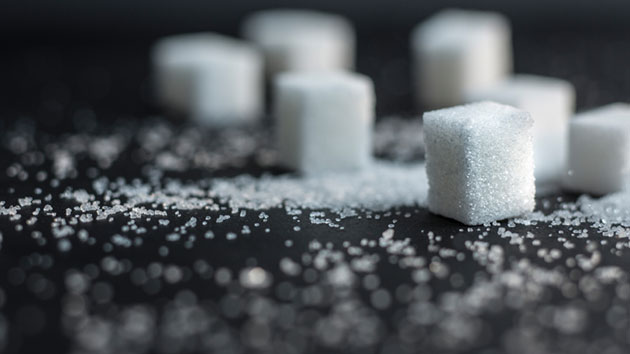
<a href="http://www.shutterstock.com/cat.mhtml?lang=en&language=en&ref_site=photo&search_source=search_form&version=llv1&anyorall=all&safesearch=1&use_local_boost=1&autocomplete_id=&search_tracking_id=b8aSHaxzTI5c-rKETji2_w&searchterm=coca%20cola%20spill&show_color_wheel=1&orient=&commercial_ok=&media_type=images&search_cat=&searchtermx=&photographer_name=&people_gender=&people_age=&people_ethnicity=&people_number=&color=&page=1&inline=193702334">num_skyman</a>/Shutterstock
Stunningly, one-third of American adults have a condition called metabolic syndrome, defined as “a cluster of major cardiovascular risk factors related to overweight/obesity and insulin resistance.” People with metabolic syndrome are twice as likely to develop heart disease as people without it, and five times as likely to develop full-blown type II diabetes. Meanwhile, a growing body of research links insulin resistance with Alzheimer’s and other forms of cognitive decline.
There’s a solid consensus that two things need to happen to reverse this budding calamity: People need to eat better—less hyperprocessed, sugar-laden fare—and exercise more.
Now, if you were in the business of selling sweet beverages—ones that contain about nine teaspoons of sugar per 12-ounce serving—you’d have an interest in suggesting that maybe diet’s not that big of an issue, after all. Instead of cutting down on soda, why not just take an extra walk around the block?
According to this New York Times exposé, Coca-Cola, the globe’s biggest purveyor of sugary drinks, invested $1.5 million last year to launch the Global Energy Balance Network, which, the Times reports, “promotes the argument that weight-conscious Americans are overly fixated on how much they eat and drink while not paying enough attention to exercise.”
The beverage maker has also invested “close to $4 million in funding for various projects spearheaded by two prominent US health academics who serve on GEBN’s executive committee, the Times adds. One of them, University of South Carolina health professor Steven Blair, is featured in the above video insisting that “most of the focus in the popular media and in the scientific press is, ‘Oh they’re eating too much, eating too much, eating too much’—blaming fast food, blaming sugary drinks, and so on [for rising obesity rates]… And there’s really virtually no compelling evidence that that, in fact, is the cause.”
Meanwhile, the World Health Organization recommends holding added sugar consumption to about 25 grams (six teaspoons) per day—meaning a single Coke (nine teaspoons of sugar) will take you 50 percent over its daily recommendation. My colleague Maddie Oatman has a great piece on just how easy it is to catapult over the six-teaspoon limit in the sugar-happy US food environment.
Now, Coke’s high-dollar drumbeating about how sugary drinks don’t matter much may be nefarious, but it’s also sort of desperate. People are wising up—soda sales have fallen for 10 straight years.














